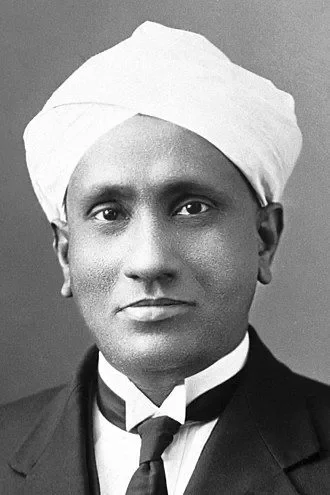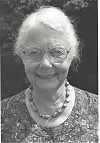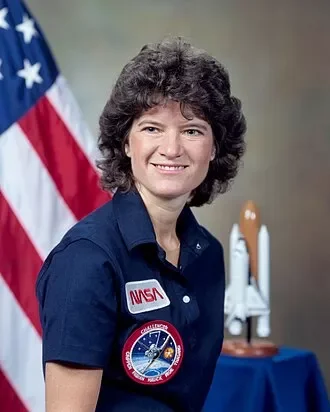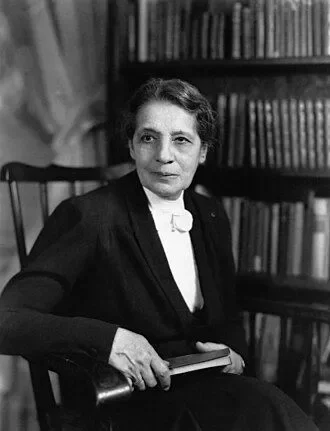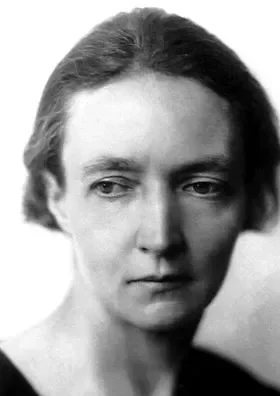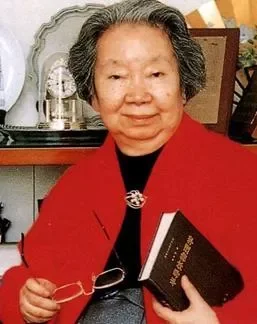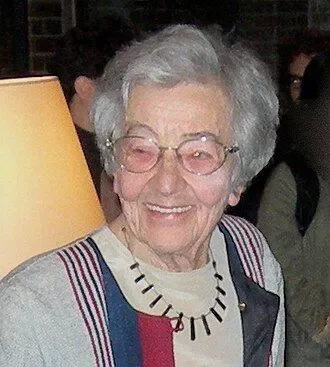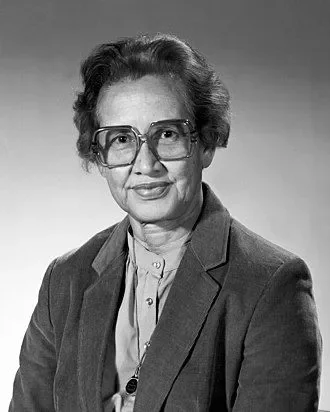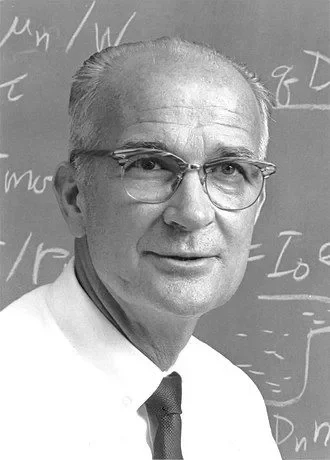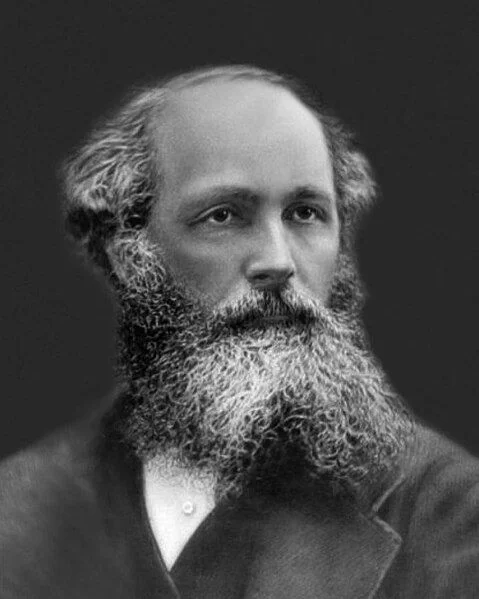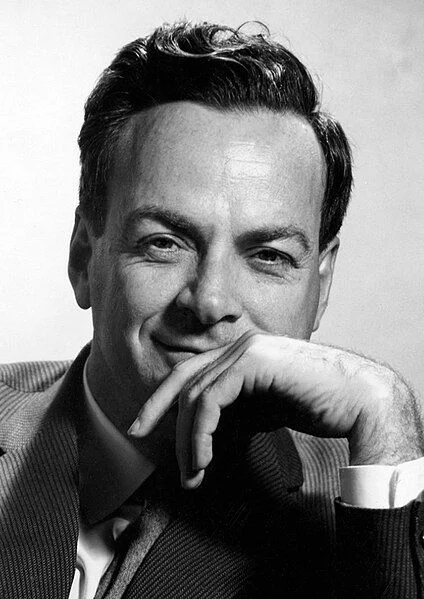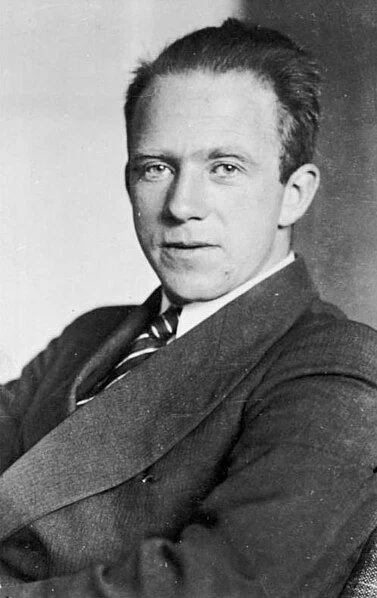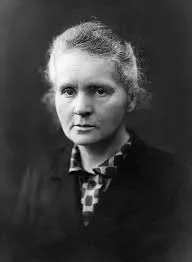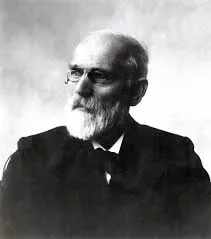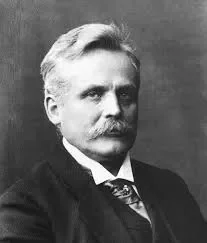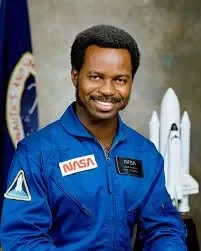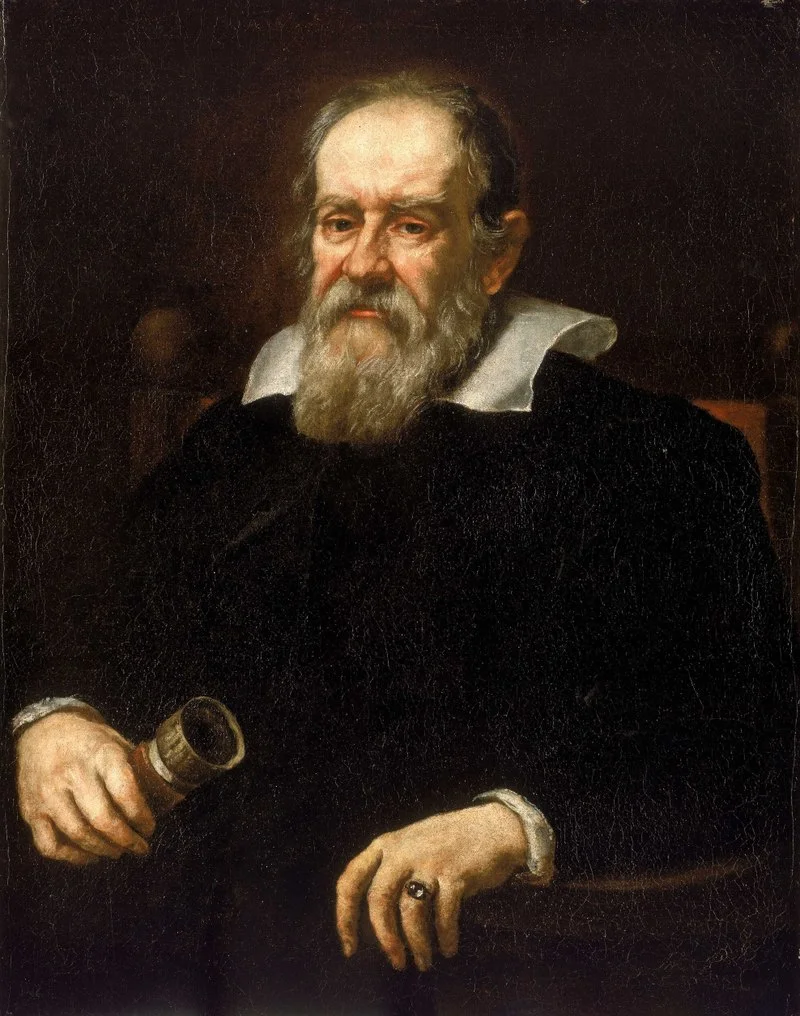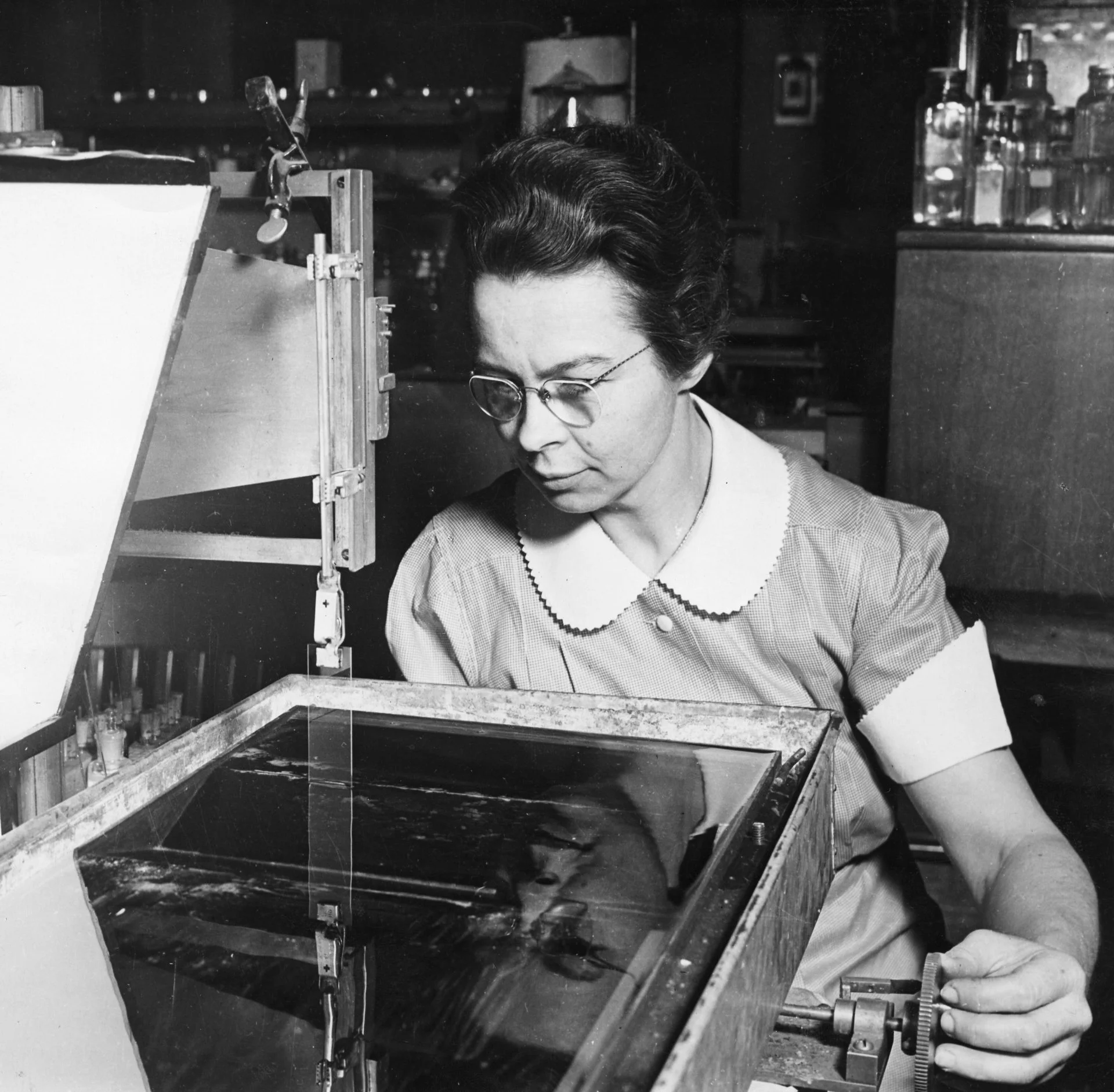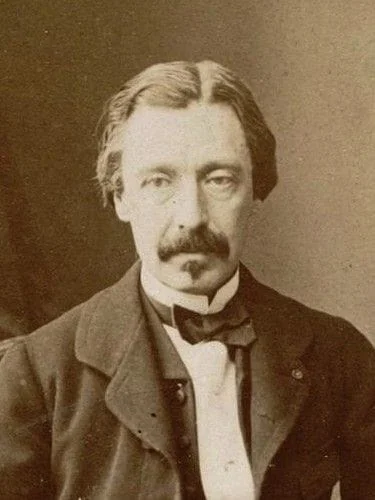Real Celebrities Never Die!
OR
Search For Past Celebrities Whose Birthday You Share
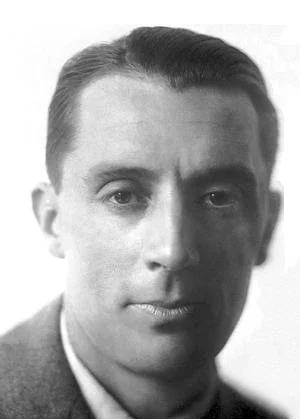
source: wikipedia.org
Frédéric Joliot-Curie
Birthday:
19 Mar, 1900
Date of Death:
14 Aug, 1958
Cause of death:
Leukemia
Nationality:
French
Famous As:
Physicist
Age at the time of death:
58
Frédéric Joliot-Curie's Quote's
Early Life and Education
Frédéric Joliot-Curie was born on March 19, 1900, in Paris, France. His birth name was Jean Frédéric Joliot, and he was the son of Henri Joliot, a merchant, and Emilie Roederer. Growing up in Paris, Joliot-Curie developed a strong interest in science from an early age. His passion for discovery led him to attend the prestigious School of Chemistry and Physics in Paris. Here, he refined his scientific skills, which would form the foundation for his groundbreaking work in nuclear physics and chemistry.
Joining the Radium Institute and Marriage
In 1925, Joliot-Curie’s life took a pivotal turn when he joined Marie Curie’s laboratory at the Radium Institute in Paris. It was during this time that he met Irène Curie, Marie Curie’s daughter. They married in 1926 and embarked on an extraordinary scientific collaboration that would change the course of nuclear science. Irène and Frédéric worked closely on several experiments, sharing a deep personal and professional bond. Their work would lead to some of the most significant discoveries in the field of nuclear physics.
Groundbreaking Research on Artificial Radioactivity
Together, Frédéric and Irène Joliot-Curie made monumental contributions to the study of artificial radioactivity. They discovered that by bombarding stable nuclei with alpha particles, they could create new radioactive elements. This process demonstrated that artificial radioactivity could be induced in non-radioactive elements. Their experiments also revealed the emission of positrons, the antiparticles of electrons, from these newly created nuclei. This groundbreaking research earned them the Nobel Prize in Chemistry in 1935, marking a major milestone in the understanding of atomic structure and radiation.
Contributions to Nuclear Fission
Frédéric Joliot-Curie continued his pioneering work, playing a critical role in the development of nuclear fission. In 1939, he and his research team succeeded in splitting the uranium atom by bombarding it with neutrons. While they did not fully grasp the potential impact of their discovery at the time, this experiment laid the groundwork for later developments in nuclear energy. However, the outbreak of World War II, along with the German invasion of France in 1940, abruptly halted their research.
World War II and French Resistance
During World War II, Joliot-Curie became an active member of the French Resistance. He was deeply committed to the fight against the occupying German forces. He used his scientific expertise and influence to help his fellow scientists escape France, ensuring that crucial research materials did not fall into enemy hands. His bravery during the war extended beyond his scientific contributions, as he worked tirelessly to protect the integrity of his country’s scientific community.
Post-War Achievements and Leadership
Following the end of World War II, Joliot-Curie emerged as a key figure in both the scientific and political landscapes of post-war France. In 1945, he was appointed as the director of the French National Centre for Scientific Research (CNRS). Under his leadership, the CNRS played a pivotal role in rebuilding France’s scientific capabilities. His most notable achievement came in 1948 when he oversaw the construction of France’s first nuclear reactor. This accomplishment positioned France as a global leader in nuclear science and energy.
Personal Interests and Hobbies
Outside of his professional life, Frédéric Joliot-Curie had many personal interests. He was a gifted pianist and enjoyed expressing his creativity through landscape painting. His artistic side provided a balance to his rigorous scientific work. He was also an avid reader, particularly enjoying the works of Rudyard Kipling. Despite his intense commitment to science, Joliot-Curie found joy and relaxation in these personal pursuits.
Final Years and Legacy
Sadly, Frédéric Joliot-Curie’s life was cut short by leukemia, which claimed his life on August 14, 1958, at the age of 58. His contributions to nuclear science and his commitment to the advancement of human knowledge continue to inspire scientists worldwide. His work on artificial radioactivity and nuclear fission laid the groundwork for future innovations in atomic energy, medicine, and chemistry. Through his leadership in both science and politics, Joliot-Curie left an indelible mark on history that endures to this day.
Name:
Frédéric Joliot-Curie
Popular Name:
Frédéric Joliot-Curie
Gender:
Male
Cause of Death:
Leukemia
Spouse:
Place of Birth:
Paris, France
Place of Death:
Paris, France
Occupation / Profession:
Personality Type
Logician: Joliot-Curie often found himself lost in thought over his work. He was constantly buzzing with ideas.
He played a key role in the development of nuclear energy.
His research contributed to advancements in medical imaging and cancer treatment.
Joliot-Curie discovered artificial radioactivity with his wife, Irène Curie.
Joliot-Curie served as the first High Commissioner for Atomic Energy in France.
He was elected a Foreign Member of England’s Royal Society in 1946.
Hughes Medal (1947)
Nobel Prize for Chemistry (1935)
Stalin Peace Prize (1951)

